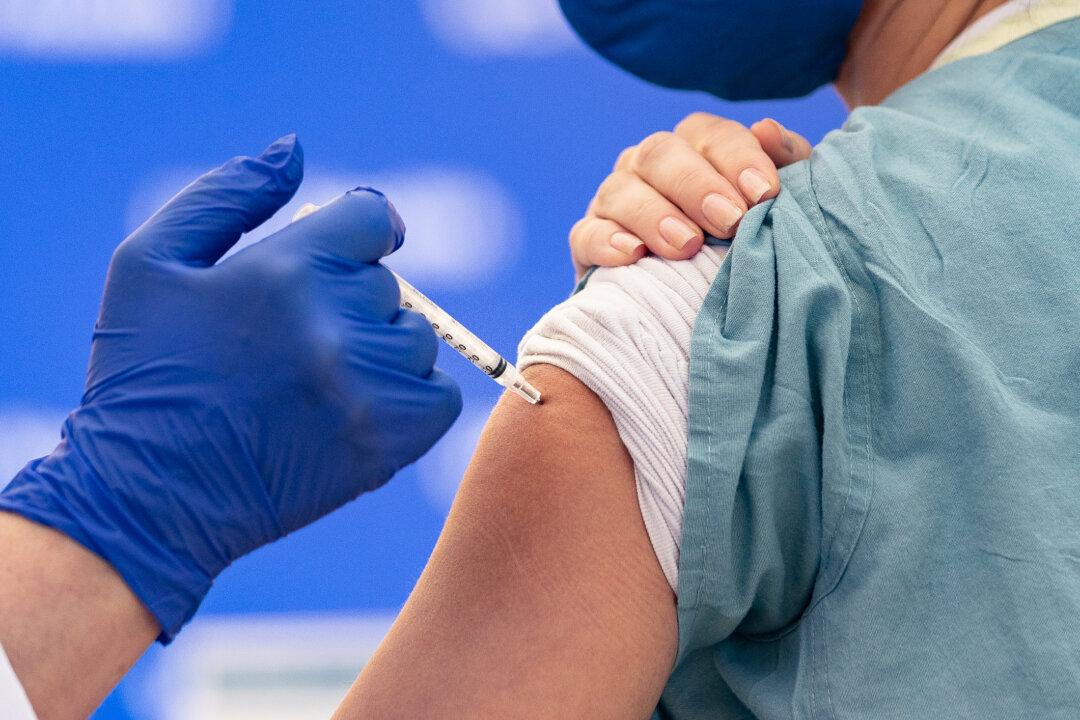The Centers for Disease Control and Prevention (CDC) published a study on Jan. 7 which found that every one of the 189 vaccinated people who experienced a severe outcome after contracting COVID-19 had at least one risk factor, like being 65 or older.
Scientists affiliated with the National Institutes of Health and the National Institute of Allergy and Infectious Diseases studied approximately 1,228,664 persons aged 18 and over who completed primary vaccination from December 2020 to October 2021, receiving either Pfizer-BioNTech, Moderna, Johnson & Johnson, or an “unspecified mRNA vaccine.”




